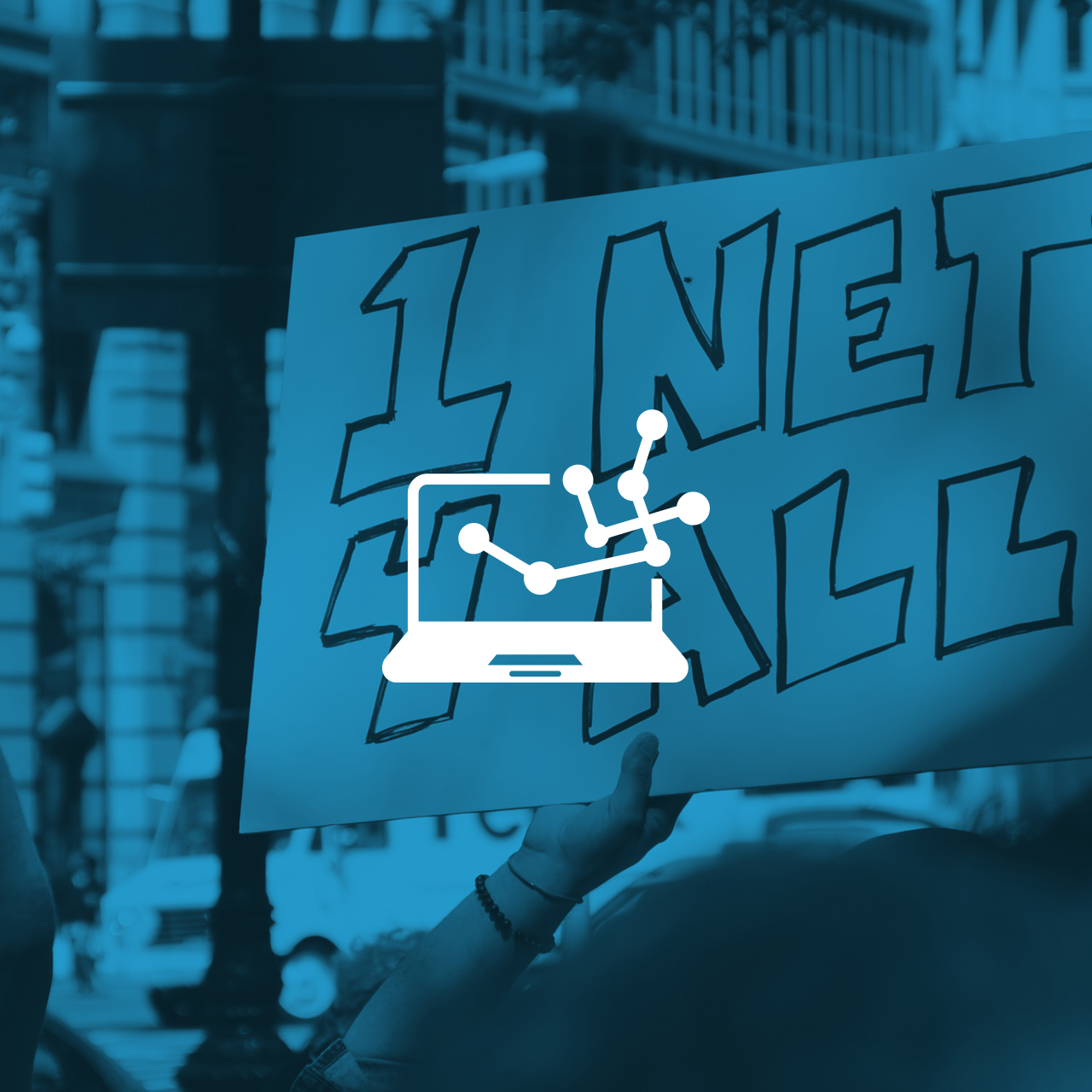On July 18th, Access submitted comment to the U.S. Federal Communications Commission (FCC) in the “Protecting and Promoting the Open Internet” Notice of Proposed Rulemaking (NPRM) proceeding, describing the steps the commission must take in order to protect net neutrality.
In our comments, we urged the FCC to use its full authority to reclassify broadband internet access service as a telecommunications service under Title II of the Telecommunications Act — the only viable way the agency can safeguard the values that enabled the internet to become a global force for commerce, culture, free expression, and innovation. Our comment lifted the veil on all types of discrimination that ISPs have imposed on users at risk around the world.
Only by reclaiming this authority — and treating internet service providers (ISPs) as common carriers — will the FCC have the tools necessary to curtail network throttling and blocking and the creation of online fast and slow lanes; create incentives to invest in infrastructure; and set an international model for the protection of openness, innovation, and free expression online.
Network discrimination at work
Since courts struck down the FCC’s 2010 Open Internet Order, ISPs in the U.S. have been able to intentionally and arbitrarily restrict users’ access to the internet, imposing what we call “network discrimination.” Network discrimination takes the form of:
- slowing or “throttling” internet speeds
- blocking applications, competing services, entire websites, and even users
- preferential treatment for a provider’s services
- degradation of infrastructure
- increased privacy invasions
Far from theoretical, these abuses occur daily in the U.S. and abroad. In 2014, backbone peering provider Level 3 reported certain ISPs were reluctant to upgrade their internet infrastructure, causing extreme bottlenecks and slowdowns. Interestingly enough, of all Level 3’s global partners, large ISPs in the United States like Comcast and Verizon — who also happen to enjoy near-monopoly status — were the only ISPs unwilling to expand the capacity of congested ports. In 2012, AT&T announced that it would block Apple’s video chat application, FaceTime, for iPhone customers unwilling to update to a more expensive text-and-voice plan.
In the U.K., where the government mandates blocking by ISPs in order to prevent young people from accessing “adult” content from pornography to anorexia information, preliminary tests show that nearly 20 percent of sites — 19,000 of the 100,000 tested, a huge percentage — are blocked by one ISP or another.
Reclassify broadband internet access
To stop these abuses, the FCC must reclassify broadband internet access service as a “telecommunications service” — rather than an “information service” — under Title II of the 1996 Telecommunications Act. Indeed, the DC circuit court has explicitly told the commission there is no other legal authority available if they want to enforce meaningful measures to combat network discrimination. Once reclassified, the Title II “common carrier” provisions will apply to ISPs, and the FCC can impose comprehensive anti-discrimination rules on the broadband market.
In our comments, we offer a host of steps the FCC can take to support anti-discrimination regulations, including:
- Having a clear and specific definition for “specialized services”
- Introducing stricter transparency requirements and accountability on surveillance
- Protecting privacy amidst deep packet inspection
- Incentivizing infrastructure investment
- Increasing anti-blocking provisions for mobile broadband
- Limiting traffic management
- Increasing transparency and scrutiny for peering and interconnection
By enshrining net neutrality principles into law, the FCC can eliminate discriminatory, opaque, and invasive network management practices across mobile and fixed connections. Setting a global precedent, and securing the rights of U.S. users at risk, the FCC will protect the internet’s place as a haven for expression and innovation in the 21st century.
Still time to comment
While this first comment period was extended to Friday, July 18th, the FCC’s doors will still be open for 60 more days, during a “reply comment” period. So go here to tell the FCC to stand up for users, ban network discrimination, and reclassify broadband as a telecommunications service under Title II of the Telecommunications Act.
Download the Access submission to the NPRM here (PDF).
